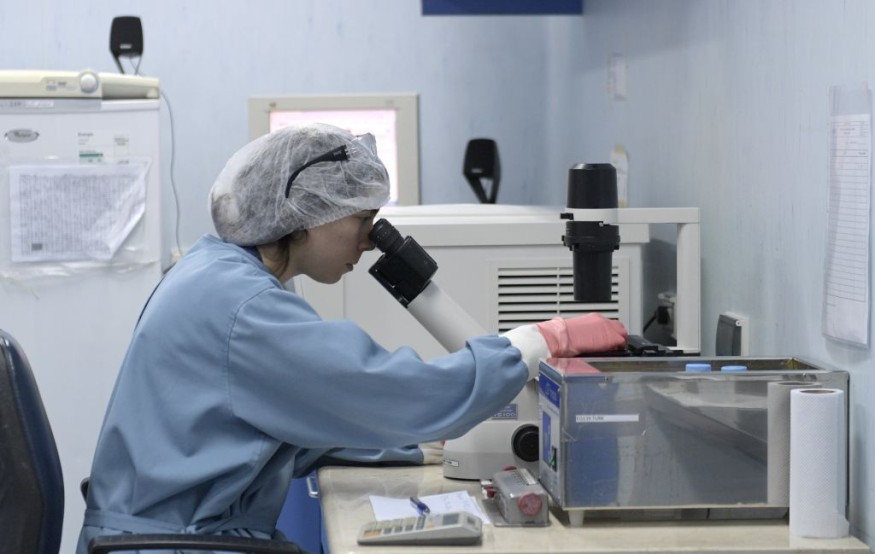HIV (human immunodeficiency virus) and AIDS (acquired immunodeficiency syndrome) have been an ongoing worldwide pandemic for decades.
The virus infection is known for its gradual yet long-term detrimental effects to the health of an infected person.
HIV is transmitted through sexual intercourse and from syringes along with other medical equipment that has been exposed to bodily fluids of an affected person.
It is widely viewed to decrease or destroy the immune system of the body, especially during the later stage of AIDS, which can lead to death with no official or promising cure in sight.
However, a new study is proposing that it has found a new and unique treatment for AIDS, which can be developed into either a "one time treatment" or vaccine for HIV patients.
HIV and AIDS can be managed through existing treatments and medications.
However, the study's authors acknowledged the fact that the medical industry still has a long way to go into developing a unifying and effective treatment; for the complete prevention or cure of the disease, which has affected millions of people worldwide.
AIDS Treatment

Researchers from Tel Aviv University published their new work in the journal Nature Biotechnology on June 9.
The new study conducted an experiment on mice wherein the scientists engineered and transplanted the so-called B cells to secrete neutralizing anti-HIV antibodies.
B cells are type of white blood cells that fights against infection and they normally formed within the bone marrow.
The Israel-based team utilized type B white blood cells using genetic editing with the help of the CRISPR technology.
The unprecedent discovery is currently in its early phase.
However, the promising results showed a potential opportunity for the possible development of a treatment for HIV and AIDS in the future.
HIV and AIDS
The World Health Organization (WHO) states HIV targets the immune system cells, called CD4 cells, which is responsible for helping the body fend off infection.
Upon entering the CD4 cells, HIV replicates itself and eventually destroys its host cell.
The symptoms of HIV can show after months or even years after infection, as the weakened immune system can no longer fight foreign invaders, such as pathogens, including bacteria, parasite, and other viruses.
The WHO differentiates AIDS from HIV infection as the most advanced stage, wherein "opportunistic infections" or any life-threatening cancers occur.
The organization used the term to indicate that these infections take advantage of the current weakened state of the body's immune response.
HIV Cases
In the United States alone, the Centers for Disease Control and Prevention (CDC) reported approximately 1.2 million people in the country had HIV by the end of 2019.
The public health body accounts 65% transmission from male-to-male sexual contract; followed by 23% from heterosexual contact, 7% injection drug use, and 4% male-to-male sexual contact and injection drug use.
Amongst the US regions, the Northeast has the highest number of HIV diagnosis.
It is followed by the southern, western, and the Midwest, according to the CDC.
© 2025 NatureWorldNews.com All rights reserved. Do not reproduce without permission.





